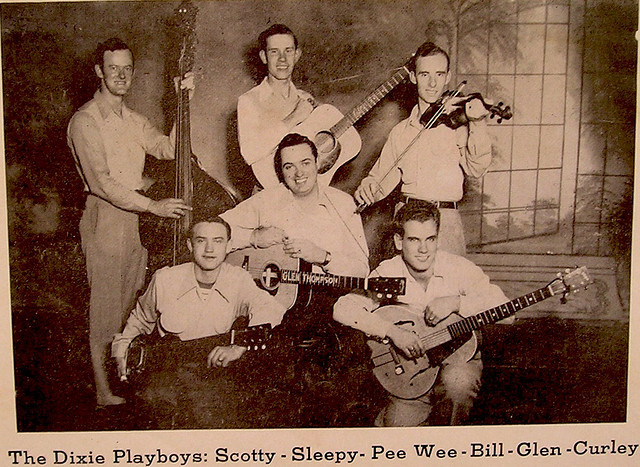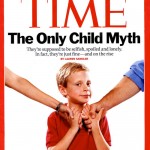Each week in Eat Your Vegetables, Carissa Smith shares the benefit and appeal of some more high-brow culture we should be consuming.
As a child raised primarily on classical music (with a healthy dose of Broadway musicals and Simon & Garfunkel), I loved Handel’s Messiah from an early age. (Family legend states, perhaps somewhat hyperbolically, that I first raised myself to a standing position to the strains of the “Hallelujah Chorus.”) Later, around age eleven, when I first heard the story that Handel had a vision of God while writing the piece, I was so fascinated that I wrote a school project from the perspective of one of Handel’s servants.
Lots of legends, personal and historical, surround Handel’s Messiah, and David Martin’s Books & Culture essay “The Handel Revolution” considers both the Handel beloved of devout Christians and the more recent reappropriation of Handel as a secular composer, through the lens of the recently published Cambridge Handel Encyclopedia.
What I found most interesting about the essay is that, while it mentions evidence for and against Handel’s personal religious piety, it is more interested in his position in regard to Wesleyanism. Referring to one of the encyclopedia contributors, Martin writes:
“In her work on Handel’s texts, Smith has discussed the idea that there is some intrinsic link between Handelian Oratorio and the Evangelical Revival, which is often dated, at least by Methodists, to the conversion experiences of the Wesley brothers in 1738. Handel described how he saw ‘the great God Himself’ while composing Messiah some three years later, and so some people have inferred a shared movement of the Spirit. Smith is not impressed by this idea, and argues that the kind of personal relationship to Christ found in evangelicalism (and Pietism for that matter) is not to be found in Handel.”
However, Martin continues,
“Perhaps one can set Messiah in the broader context of religion caught rather than taught by singing rather than talking. That movement began in the psalms and hymns of Protestantism, was promoted by the Pietist and Evangelical Revivals as they stepped westward from Halle and Hernnhut to England and North America, and has ended up in global Pentecostalism.”
This, I would say, has been my experience with Messiah and with oratorio in general, at least as a performer. Singing scripture makes me slow down and pay attention, to contemplate. Singing a long series of merry melismata to the text of “All we like sheep have gone astray,” followed by a single repetition of “And the Lord has laid on him the iniquity of us all,” in which each word gets a single, heavy note, makes me experience the contrast between thoughtless sin and the burden borne by Christ.
Singing in—and, I hope, listening to—oratorios can be a powerful form of lectio divina (meditation upon scripture). Though often performed in December, Messiah was actually originally intended to be performed in Lent, so the next few weeks are the perfect opportunity to listen to it as a way of celebrating Jesus’ life, death, and resurrection, as well as the resurrection at the Last Day. Whether the composer was a perfectly observant Christian or not, Messiah can lead us to worship anew Christ as suffering servant and triumphant king.










